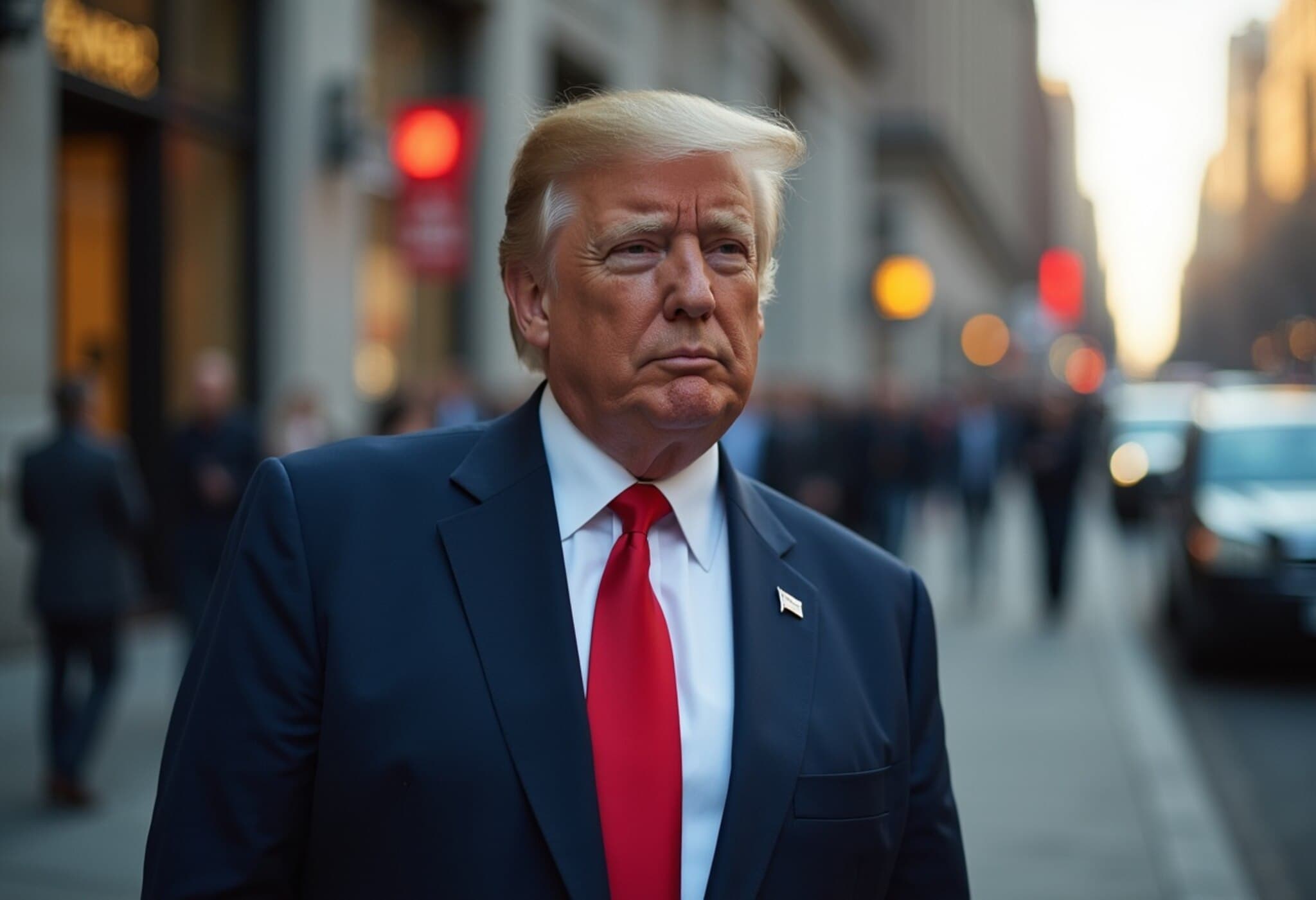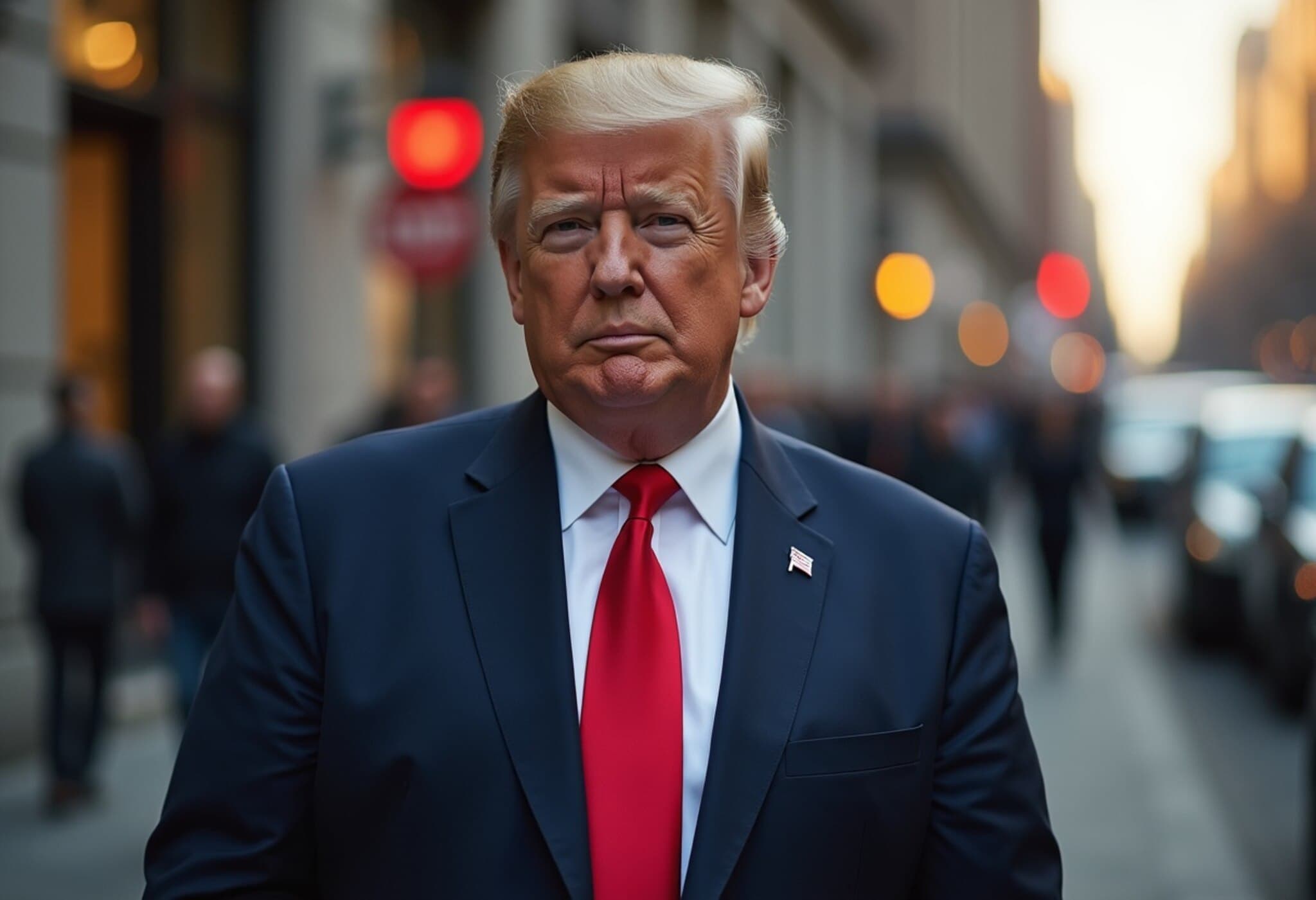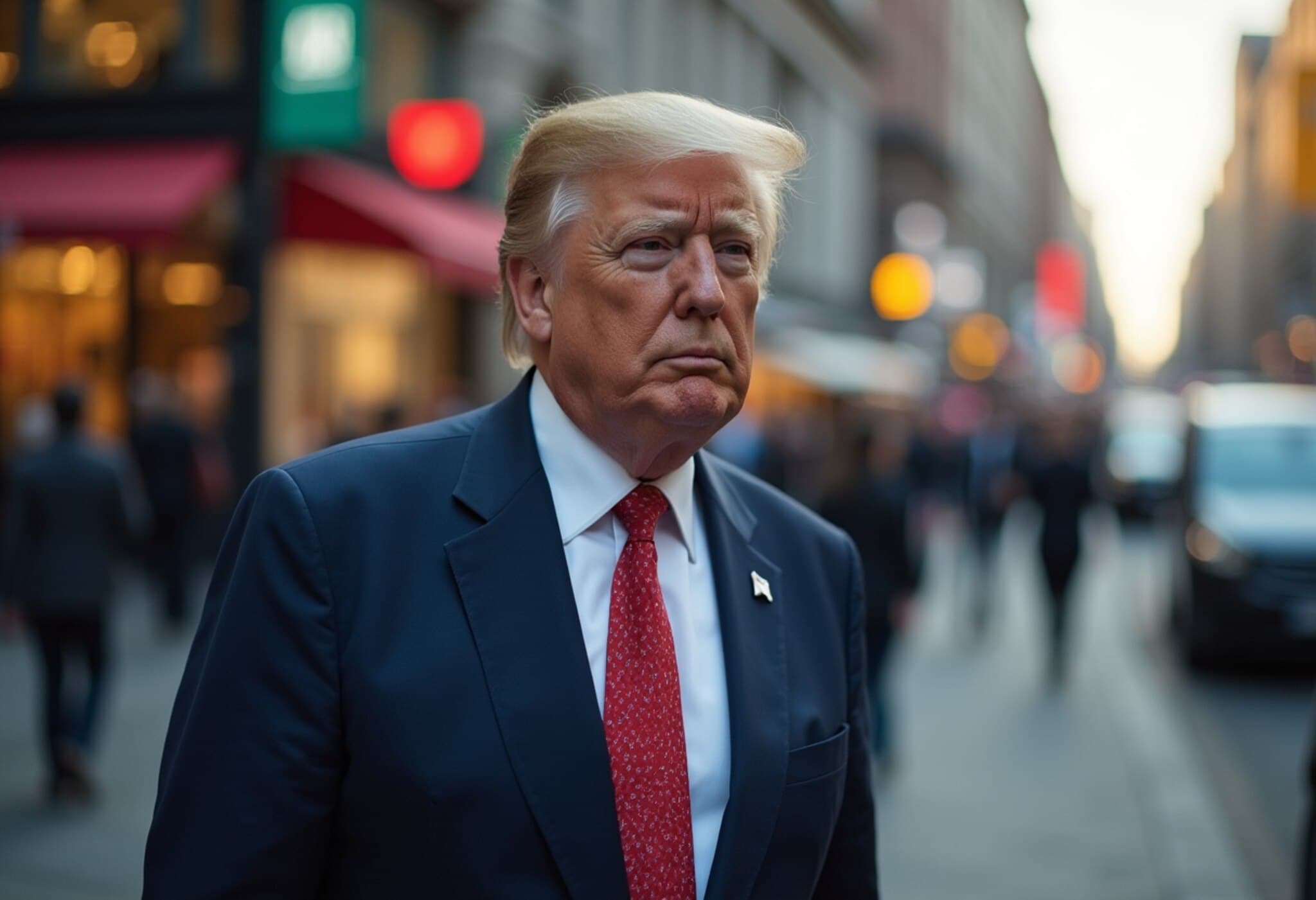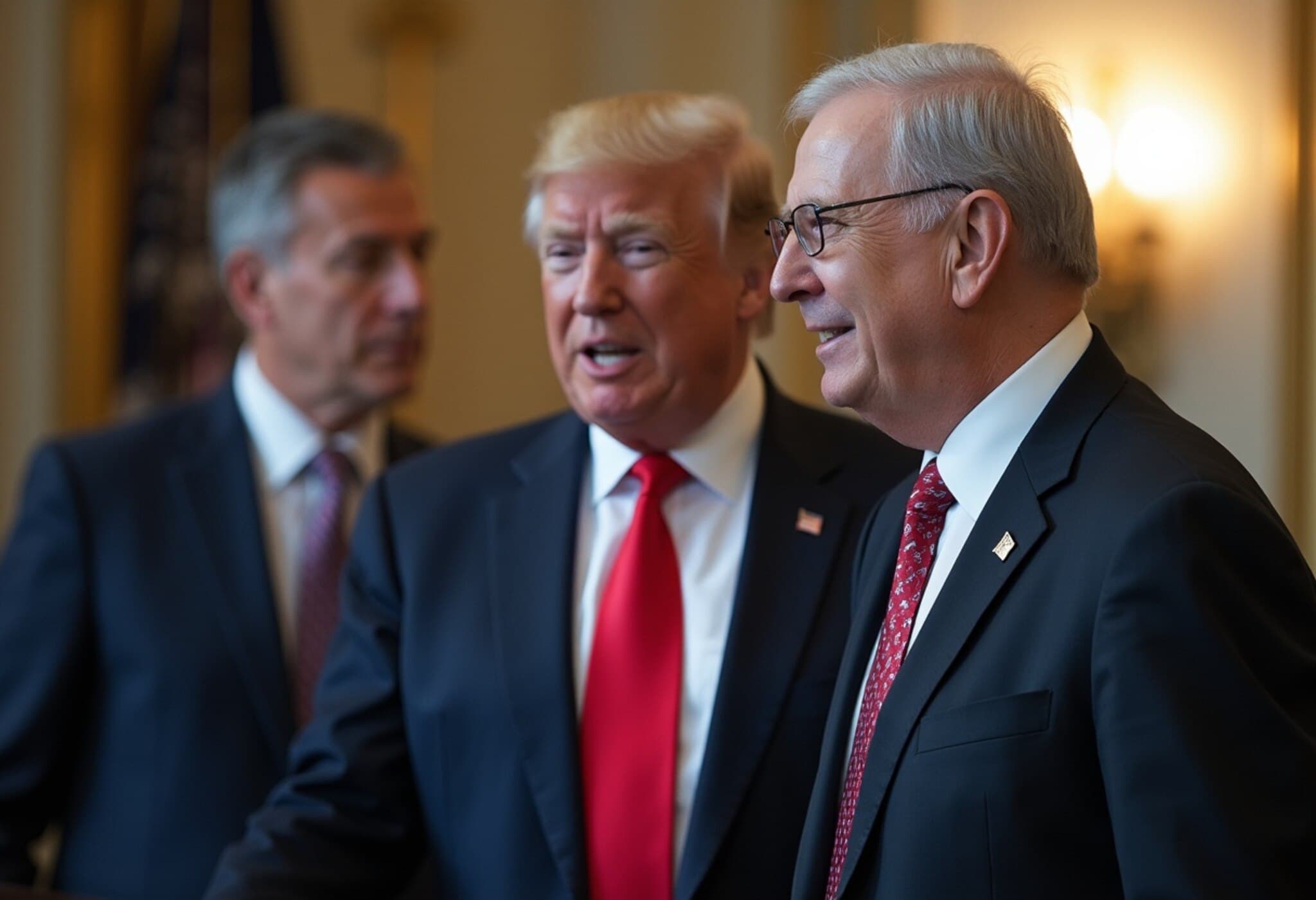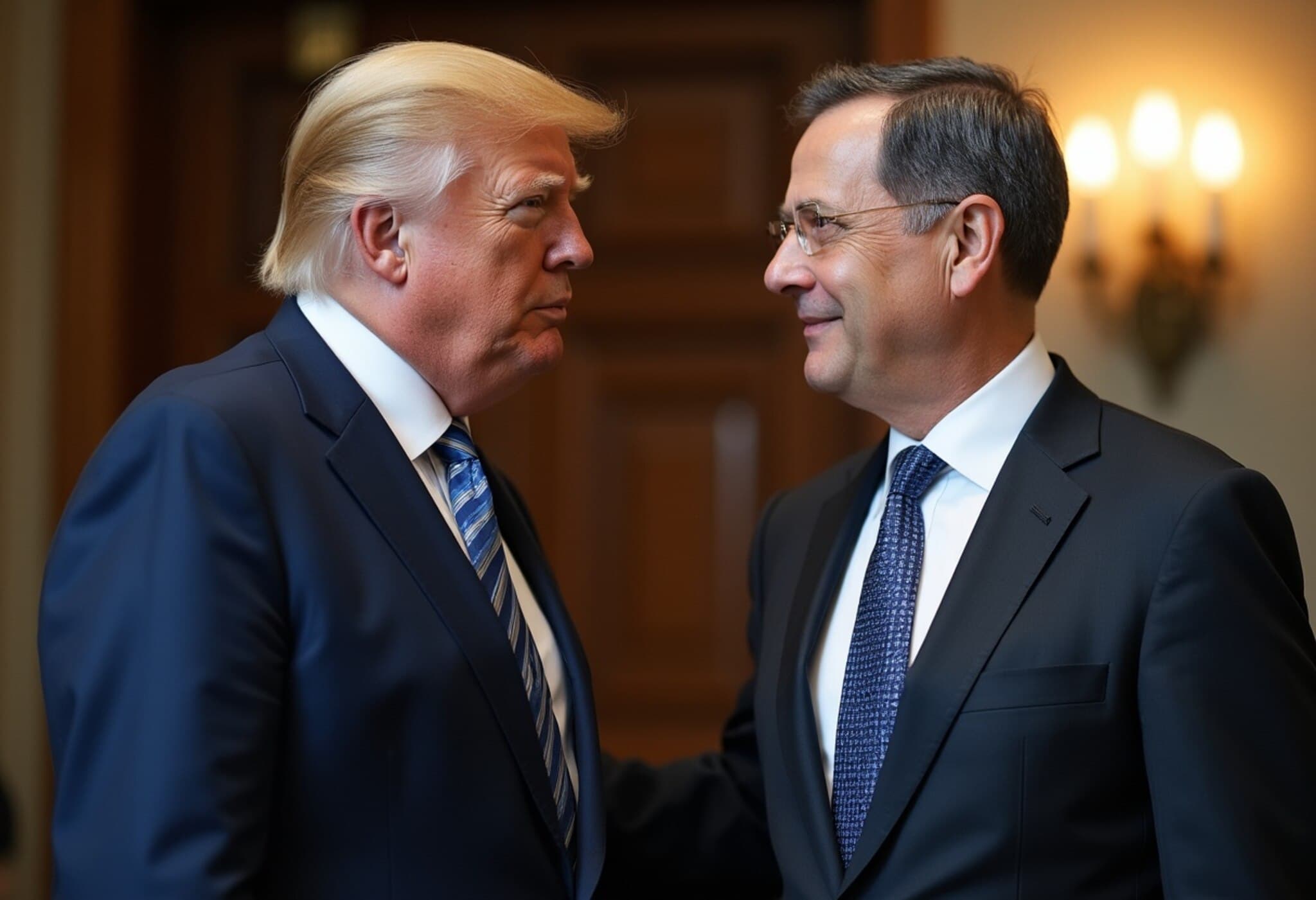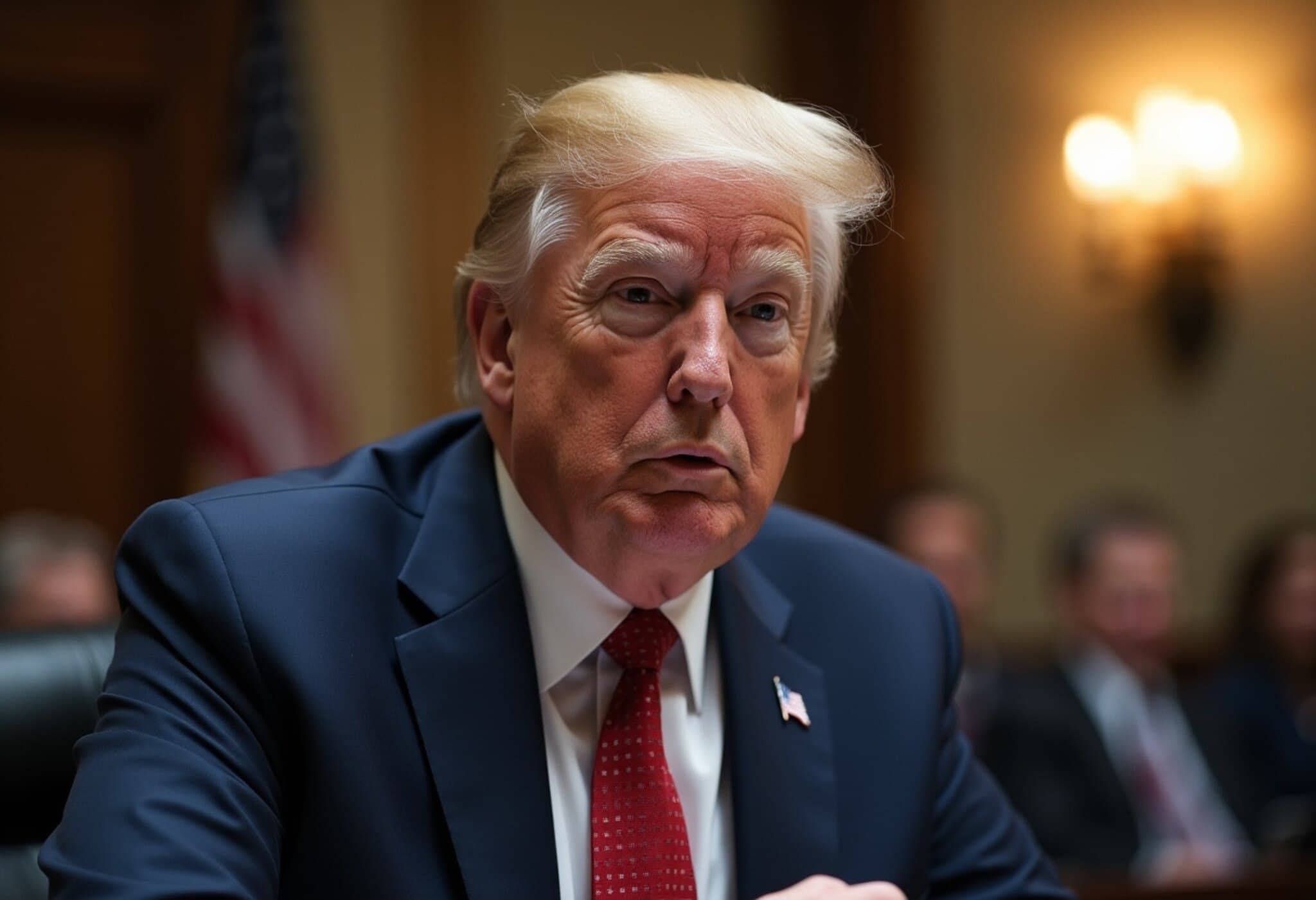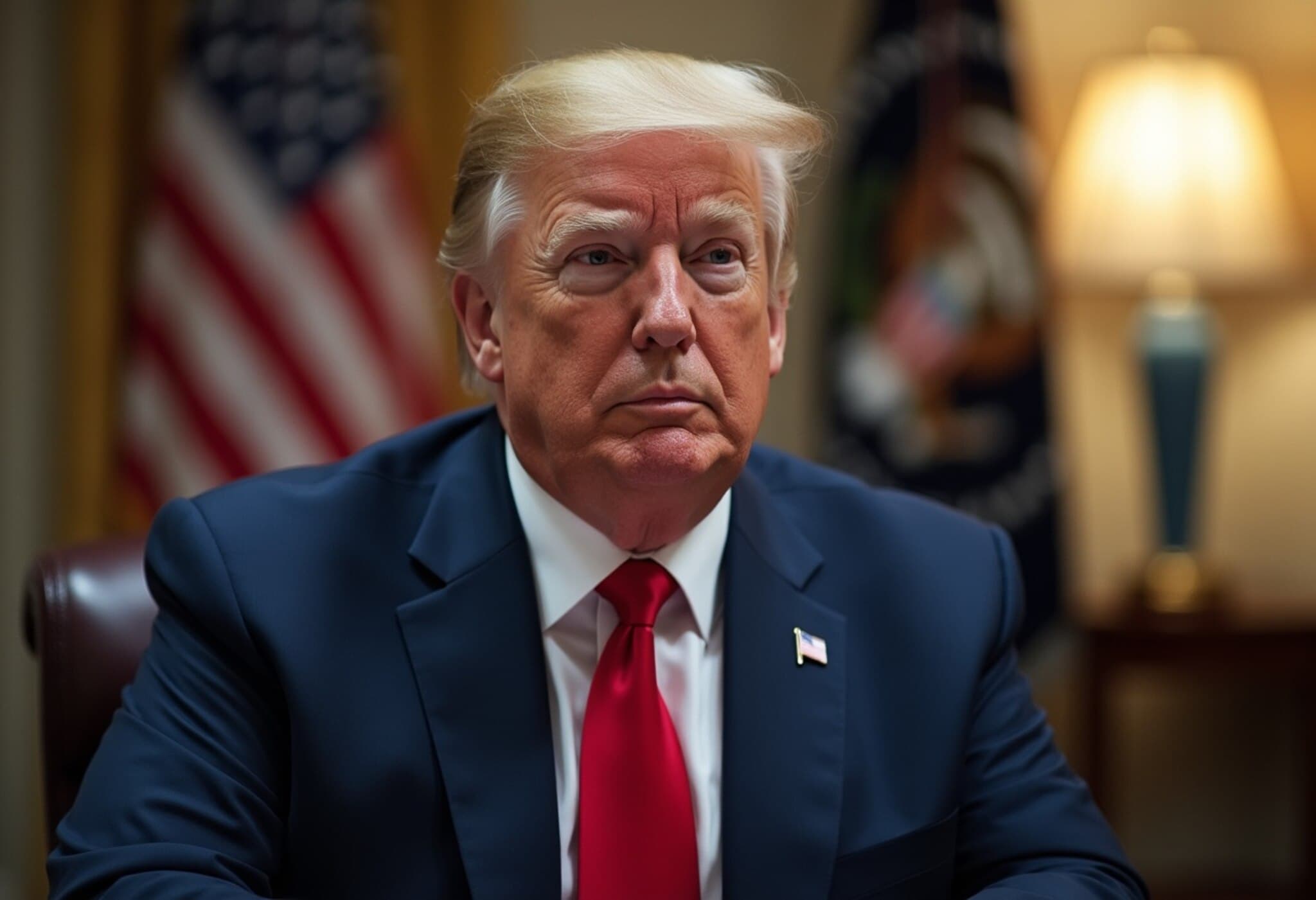U.S. Inflation Moderates in July, Yet Uncertainty Looms
The U.S. Consumer Price Index (CPI) for July showed a 0.2% increase month-over-month — slightly below economists' expectations of 0.2%, signaling that price pressures remain contained for now. On an annual basis, prices rose 2.7%, under the Dow Jones forecast of 2.8%, offering some relief amid ongoing debates about tariffs and Federal Reserve policies.
Despite the lower headline CPI increase, the core CPI (which strips out volatile food and energy prices) ticked up by 0.1 percentage points more than anticipated, reaching its highest level since February. This uptick hints at underlying inflationary forces persisting beneath the surface, especially as tariff-related price adjustments continue to filter through the economy.
Tariffs and Inflation: A Delayed Impact?
Experts like former White House economist Jared Bernstein warn that while tariffs are indeed reflected in the data, their effects are not yet dramatic. Bernstein explains, "The tariffs show up in the numbers, but they are not causing a panic increase just yet." It's reminiscent of waiting for the plot twist in an M. Night Shyamalan film — tension builds around potentially disruptive inflation shocks, yet the full impact remains elusive.
Jan Hatzius, Chief Economist at Goldman Sachs, has projected that substantial inflation pressure may become more apparent later in the year as consumers start feeling the pinch of higher prices, posing a question mark over the benign current numbers.
Market Response: Optimism Despite the Warnings
Investors took July’s CPI figures as a sign that the Federal Reserve might have room to ease monetary policy later this year. The S&P 500 and Nasdaq Composite surged to fresh highs, up by 1.13% and 1.39%, respectively. The Dow Jones Industrial Average also posted solid gains, climbing 1.1%. This investor optimism reflects a tentative belief that tariff-induced inflation won't spiral out of control just yet, allowing for a potentially more accommodative Fed stance.
Fed Chair Powell Comes Under Fire
Amid this backdrop, former President Donald Trump escalated tensions by threatening a "major lawsuit" against Federal Reserve Chair Jerome Powell. Trump criticized Powell’s monetary policies on the social media platform Truth Social, alleging mismanagement of inflation and economic conditions. This rare political move highlights the ongoing politicization of Fed decisions, an issue that could complicate central bank communication strategies moving forward.
Tech Industry Shake-Up: Perplexity AI's Bold Bid
In an unexpected development, artificial intelligence startup Perplexity AI made an unsolicited offer to acquire Google’s popular Chrome browser for $34.5 billion. This bid significantly exceeds Perplexity’s own recent $18 billion valuation announced just a month prior. While analysts view the offer as a long shot, it underscores the fierce competition and rapidly evolving landscape in internet technology and AI, where disruptors seek bold moves to challenge entrenched giants.
Expectations of Interest Rate Cuts
Following the softer inflation data, futures markets now price in the likelihood of three Federal Reserve interest rate cuts this year, anticipated in September, October, and December. Such a shift suggests that investors have growing confidence in a pivot towards easier monetary policy, potentially stimulating economic growth but also raising concerns about long-term inflation control.
Corporate Strategy: Cautious Growth Amid Volatility
Across sectors, companies are recalibrating their growth strategies. Rather than chasing headline-grabbing mega acquisitions that face complex regulatory hurdles, industrial and consumer goods firms are focusing on smaller, strategic deals. These targeted moves aim to secure competitive advantages and technological innovation while minimizing risks and avoid protracted approval battles.
Key Takeaways
- July's CPI data suggests inflation remains manageable but watch for underlying pressures.
- Market rallies reflect optimism about the Fed’s potential rate cuts and tariff impacts.
- Political interference on Fed leadership raises concerns about independent monetary policy.
- Tech sector disruption intensifies with aggressive bids like Perplexity AI’s offer for Chrome.
- Corporate deal-making shifts to pragmatic, smaller acquisitions amid uncertain economic conditions.
Editor's Note
While the latest inflation numbers offer a momentary sigh of relief, the complex interplay of tariffs, consumer sentiment, and Federal Reserve policy keeps the economic horizon uncertain. Investors and policymakers alike must remain vigilant to emerging inflation signals and geopolitical tensions that could quickly reshape the trajectory. The ongoing saga reminds us that in economics, as in cinema, the next plot twist often arrives when least expected.






